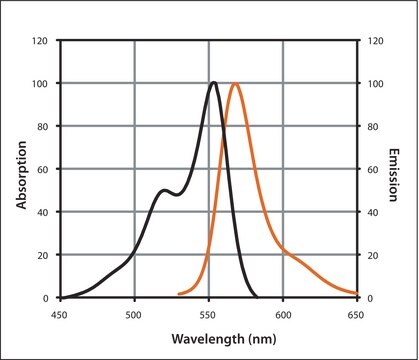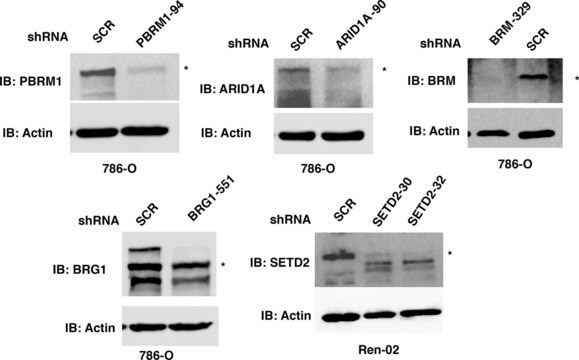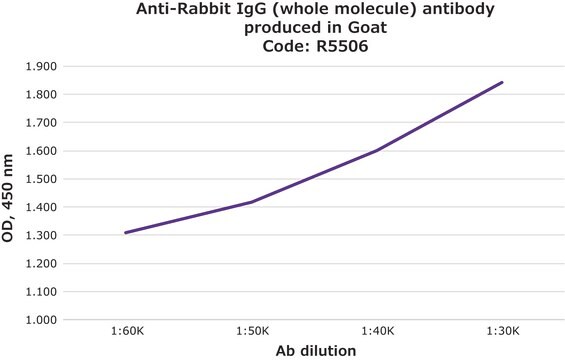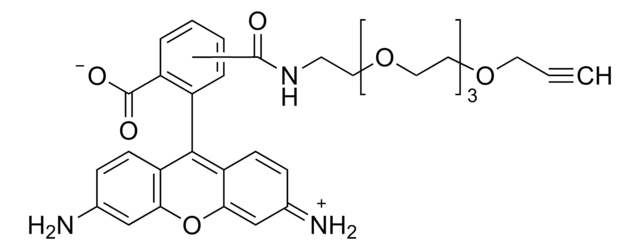AP106C
Rabbit Anti-Goat IgG Antibody, Cy3 conjugate
Chemicon®, from rabbit
About This Item
Productos recomendados
biological source
rabbit
Quality Level
conjugate
CY3 conjugate
antibody form
F(ab′)2 fragment of affinity isolated antibody
antibody product type
secondary antibodies
clone
polyclonal
species reactivity
goat
manufacturer/tradename
Chemicon®
technique(s)
immunofluorescence: suitable
shipped in
wet ice
target post-translational modification
unmodified
Application
Secondary & Control Antibodies
Whole Immunoglobulin Secondary Antibodies
Legal Information
Disclaimer
¿No encuentra el producto adecuado?
Pruebe nuestro Herramienta de selección de productos.
signalword
Warning
hcodes
Hazard Classifications
Aquatic Chronic 3 - Eye Irrit. 2 - Skin Irrit. 2
Storage Class
11 - Combustible Solids
wgk_germany
WGK 3
Certificados de análisis (COA)
Busque Certificados de análisis (COA) introduciendo el número de lote del producto. Los números de lote se encuentran en la etiqueta del producto después de las palabras «Lot» o «Batch»
¿Ya tiene este producto?
Encuentre la documentación para los productos que ha comprado recientemente en la Biblioteca de documentos.
Nuestro equipo de científicos tiene experiencia en todas las áreas de investigación: Ciencias de la vida, Ciencia de los materiales, Síntesis química, Cromatografía, Analítica y muchas otras.
Póngase en contacto con el Servicio técnico









